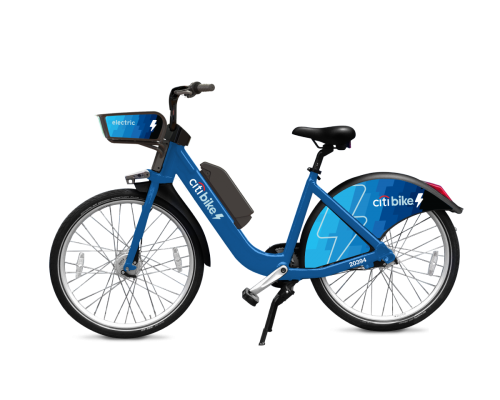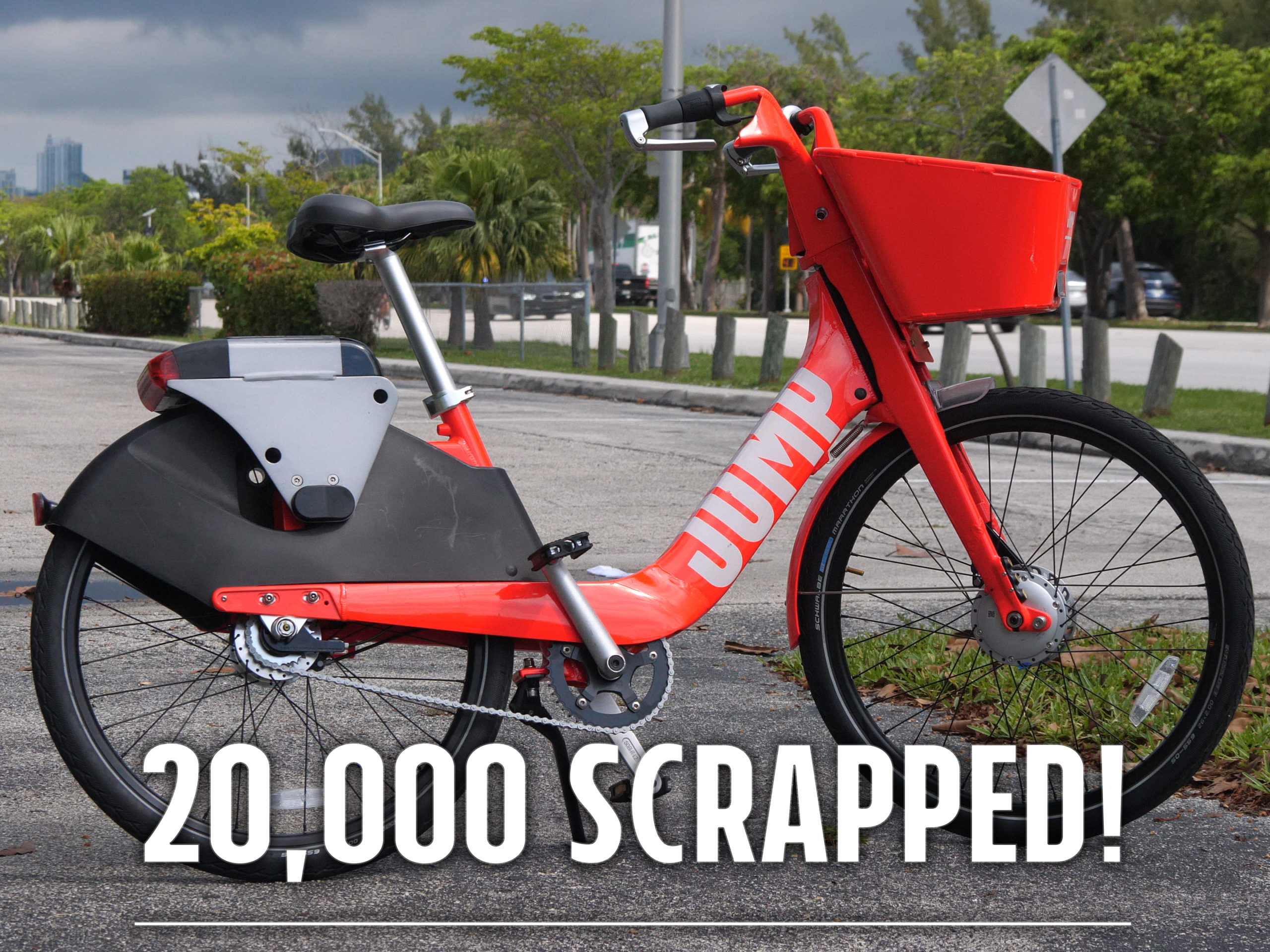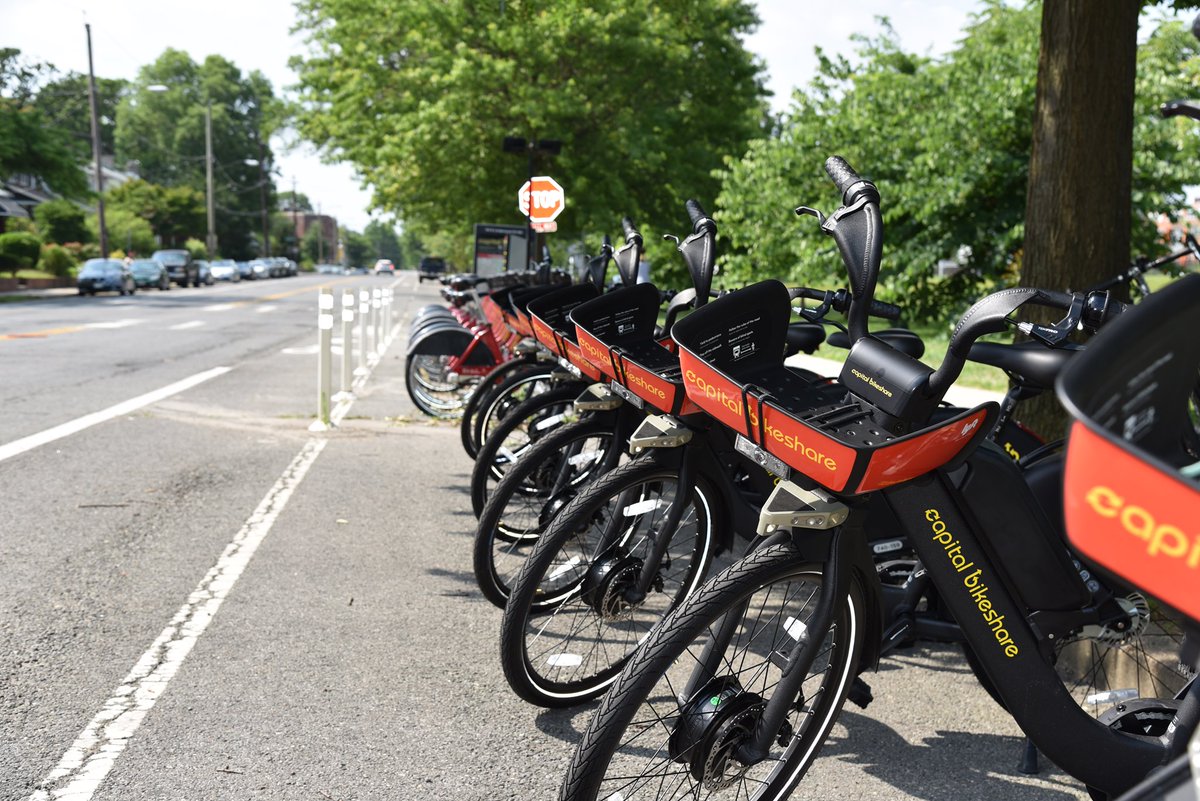Dewey
Well-Known Member
- Region
- USA
- City
- Arlington, Virginia
Lyft returns CitiBike ebikeshare fleet to NYC with fixes to address the faults that caused them to be withdrawn last year including a new battery supplier, new front Sturmey Archer drum brake, with the hub motor is moved to the rear so CitiBike state it is a single-speed (also reported on Reddit) hopefully it's not geared too high or it might burn out the motors climbing hills. Previously Lyft simply modified the Bay Wheels/San Francisco ebikes by adding a disk brake to replace the front roller brake. It's unclear which model ebike DC's Capital Bikeshare fleet will be getting in due course, but I hope it's not the NYC design as I liked the Enviolo CVP gearing on the original CaBi+ ebikes.
Pricing: Annual Members pay an extra $0.10/minute, capped at $2 for rides 45 minutes or less starting or ending outside Manhattan. Non-Members pay $0.15/minute. Reduced Fare Bike Share Members pay $0.05/minute, capped at $2 for rides 45 minutes or less starting or ending outside Manhattan.

Pricing: Annual Members pay an extra $0.10/minute, capped at $2 for rides 45 minutes or less starting or ending outside Manhattan. Non-Members pay $0.15/minute. Reduced Fare Bike Share Members pay $0.05/minute, capped at $2 for rides 45 minutes or less starting or ending outside Manhattan.

Last edited:





